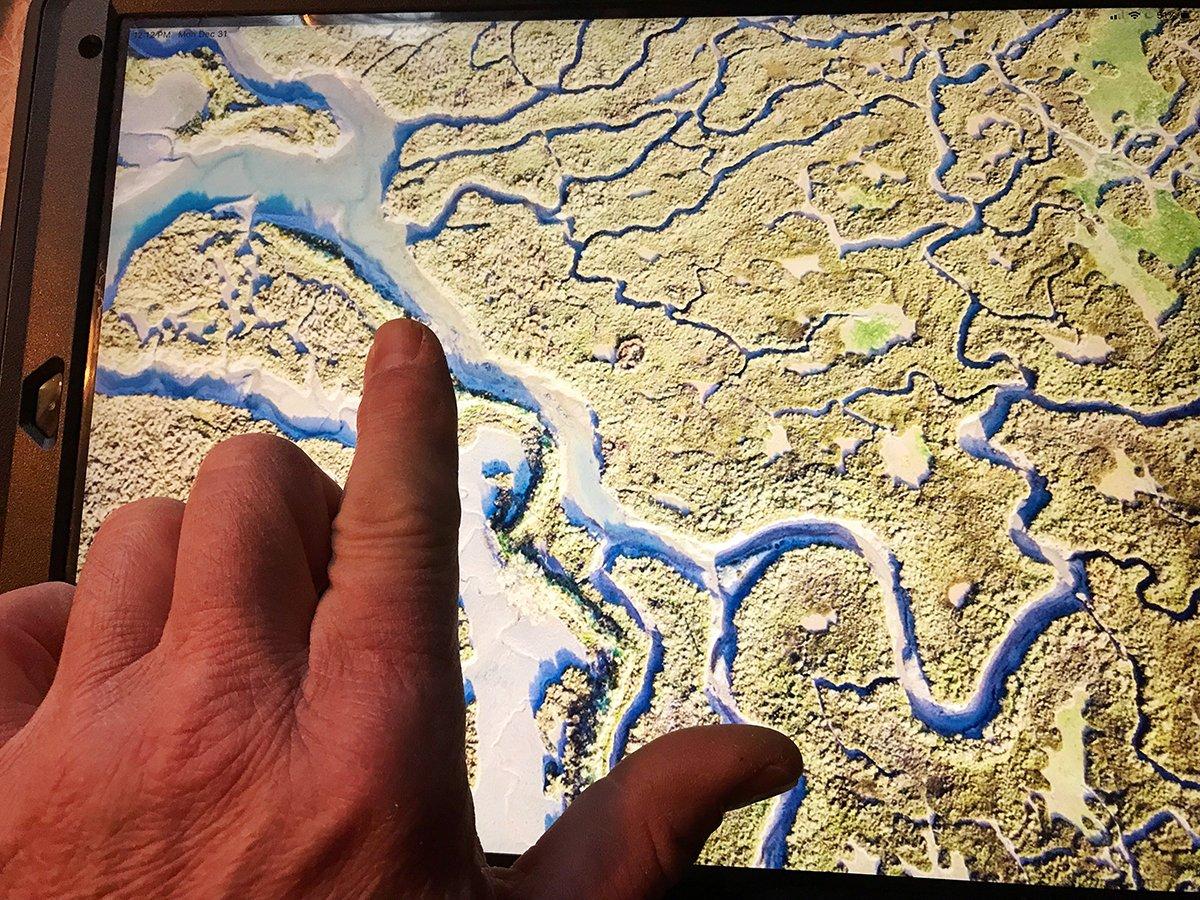Stuck at Your Job? You Can Still Locate Ducks and Geese
There's no substitute for in-field scouting. Keeping tabs on waterfowl movements and knowing exactly where to be each time you hunt is more than half the battle of being successful.
But jobs, families and other obligations prevent most people from hunting every day or driving around each evening to locate birds. When you can't be in the field observing waterfowl, you still have options to help you form a game plan for Saturday morning.
Ask Nonhunters for Scouting Intel
Even if you can't be outside, other people can. Ask rural mail carriers, milk haulers or other rural drivers if they're seeing flocks of geese on the move. Check with farmers to see if there's increasing bird movement and if they've harvested their crops (and whether you can hunt their property). Even talking to bow-hunters can be valuable. They can observe geese overhead, and if they hunt in swamps or along marshy fringes, they might also know about duck activity.
Look at Aerial Maps
If you're stuck at a computer all day, take a peek at Google Earth on your lunch break. It can help you find hidden waterfowl hunting honey holes. For example, you might notice that birds always fly the same direction every time birds leave the marsh you hunt. A peek at aerial maps can help you unravel the mystery of where they're going. Maybe they're loafing at a small private pond. Looking at aerial maps can also reveal beaver ponds, oxbow lakes, marshes and potholes you didn't know about. Heck, you can even place your mouse on the map and get the coordinates of a point or other potential hunting location. This is valuable information if you're hunting a new place or you're lost in the fog.
Use Social Media and Migration Maps
There is a wealth of info online from fellow waterfowl hunter, many of whom are willing to share what they know. Hunters report their harvest and waterfowl activity on migration maps. These sites give you up-to-date info about what is being seen in your area and places north of you, and they can give you an idea of whether the flight is in or on its way. Internet forums are another way to get similar intel on waterfowl activity. Plus, you can ask questions and pick the brain of hunters lucky enough to be out there when you can't be. Facebook pages dedicated to waterfowl hunting are another option, and Lord knows many of us spend plenty of time on Facebook. The generosity of many hunters with their field reports can clue you in to what's going on along your flyway.
Network With Local Hunters
You might form a bond with hunters you meet online or at waterfowl banquets. Forming a friendship with other hunters in your area is a great way to gain more information about what's going on in your local fields and marshes. Rather than viewing them as competition, consider them allies. Of course, if you expect them to share their knowledge, you'll have to share your own. Forming a waterfowl network can benefit all parties and form strong hunting partnerships.
Click here for more Realtree waterfowl hunting content. And check us out on Facebook.







